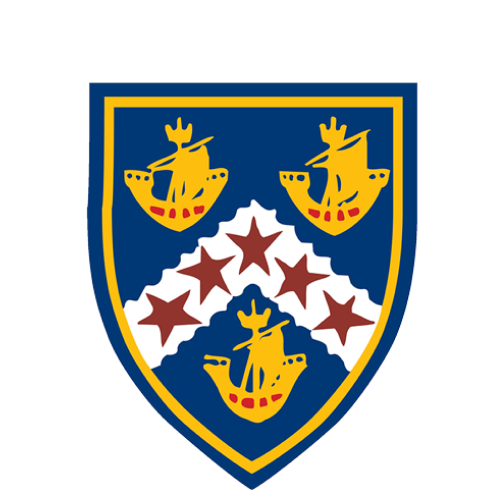
Reading
The most important thing you can do to help improve your child's academic outcomes.
Neil Harray — January 19, 2025
The reality has hit home and it has hit hard - literacy is the key to NCEA success.
This is a bit of a rant; if you want to skip the rant and go to the important messages, head to the bottom of the page. These thoughts are very much a personal opinion and not those of the Board or the teachers at Te Aroha College.
There has been a lot of media and education sector commentary on the literacy and numeracy corequisites. The reality is that in general, this generation of students are less literate than previous generations. Our national results are showing us that loud and clear. This government has made it clear of their literacy and numeracy expectations and outcomes. Currently there is a limited range of assessments to prove this which is a limiting factor. The literacy and numeracy assessments are another kettle of fish - too much to go into this time, but are an important consideration.
NCEA is literacy heavy. If students can't read well or comprehend the words that are used, NCEA will be a struggle. We have known this nationally for a while, and to some extent let it slide with the idea that if students have the right concepts and can explain their thinking then that's okay - almost regardless of whether there are capital letters or full stops in their writing. There is of course subject areas that are literacy based and do their very best to uphold and extend students' literacy ability. However, this is probably not consistent across all subjects.
How can that be you might ask? Well, if you look at how we used to communicate and how people in general communicate now, the answer is in there somewhere. The ubiquitous (I had forgotten about this word until recently, it's a fun word) use of mobile devices has meant that we are reading less. Using a sweeping generalisation, people are reading less for work and especially reading less for relaxation and pleasure. Video entertainment seems to be the preferred medium.
If I look at my own children and their friends as examples, most of their communication is video based using a mobile device. Texting is considered old-school, even abbreviated sentence structures are too much hassle. Information is delivered to their device in short videos from various social media platforms, direct communication between two people is a short video or voice recording. Any games played are relatively intuitive and don't require instructions to play.
In my opinion, many young people today are exposed to fewer forms of written texts than any other generation in the last 80 years.
Children absolutely have to read and write at school. While they are instructed on the various rules and expectations around what is expected, what has been lost is the reinforcement outside of their school life that previous generations were exposed to.
How often do you see a teenager read a newspaper article (hard copy or online)? What about magazines? Comics? For example, things like the Auto Trader magazine back-in-the-day when teenagers dreamt about a future car exposed them to descriptive and instructional language that they could use in their writing.
Literacy has a massive impact on numeracy skills as well. Students are expected to be able to interpret written information and then apply their mathematics skills to solve the problem. Very rarely are there straight number based problems to answer. This is where the debate about assessment comes into the equation (no pun intended - but there it is).
Why are we assessing students' literacy and numeracy skills that seem out-of-date and not reflective of the technological advances that continue to shape our world? Throw AI (Artificial Intelligence - think ChatGPT) into the mix and there are more questions than answers.
The answer is that NCEA is the gateway to better opportunities and outcomes, especially Level 2. It has become clear that literacy and numeracy are a critical component of NCEA. I would like to think that the subject courses we offer at Te Aroha College are deliberately structured to ensure the content makes for interesting and valuable learning. However, there is no escaping the fact that if students want to gain their NCEA qualifications the better their literacy skills the higher likelihood of success.
What we must improve is our preparation of our students for the literacy and numeracy requirements and we need your help.
The most important thing you can do to help improve your child's academic outcomes.
Encourage your child to read, everyday if possible, a range of texts (actually make them - it is in the parent handbook somewhere). It doesn't matter what; a magazine article, a recipe, some instructions - all reading is good reading.
Expand their vocabulary - check their understanding of interesting words you come across and what they mean.
Play word games; Wordle is a good way to challenge them and have some fun with words. There are lots more online.
Encourage them to read a book. There are lots of great authors and modern contexts. Find a movie they like and see if it was based on a book and find it for them.
We are developing a school-wide approach to literacy in each subject area this year (see the separate article on this years learning priorities). There will also be specific school time to focus on the key requirements and the style of the assessments to best prepare the students.
Who knows what the future holds. In 10 years time things in the education sector might be quite different given the rapid changes in technology.
However, at this point in time NCEA is what we have. Literacy is such a crucial component and we all have to help prepare our students so that they can be as successful as possible.
If you have any questions or would like some further advice around supporting your child at home please contact Mandy Maber - amaber@tacol.nz



